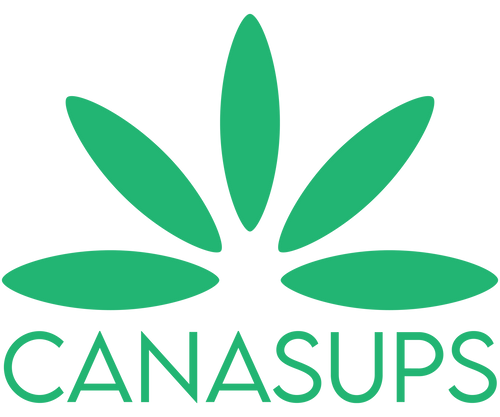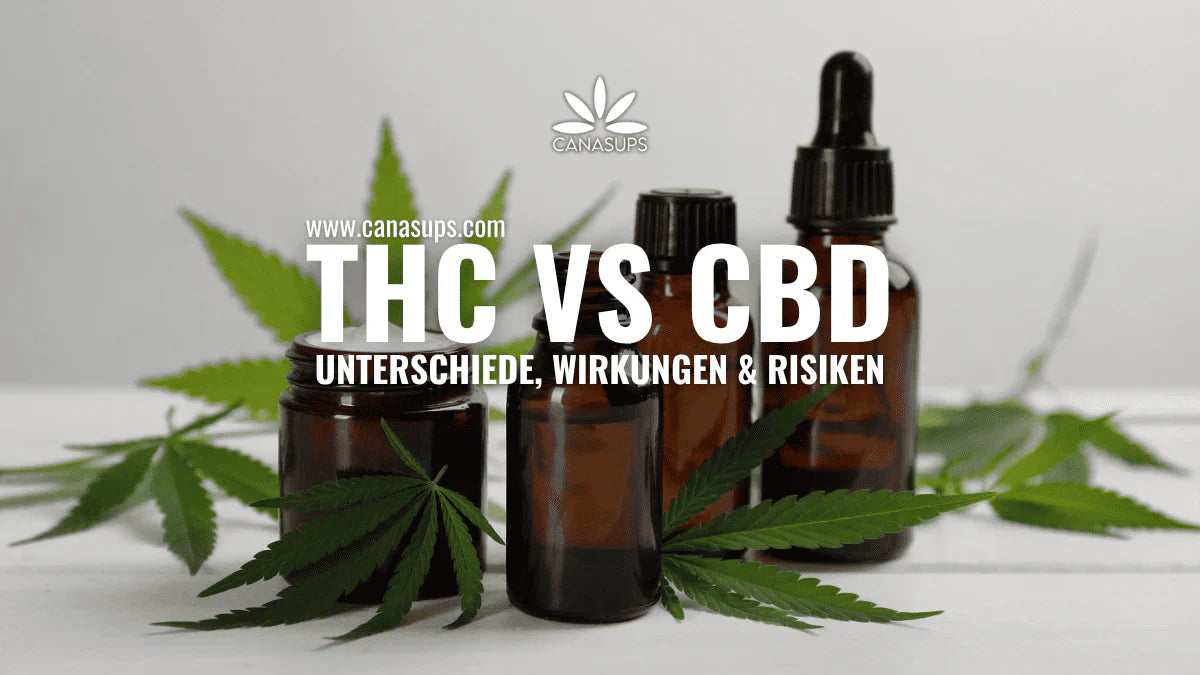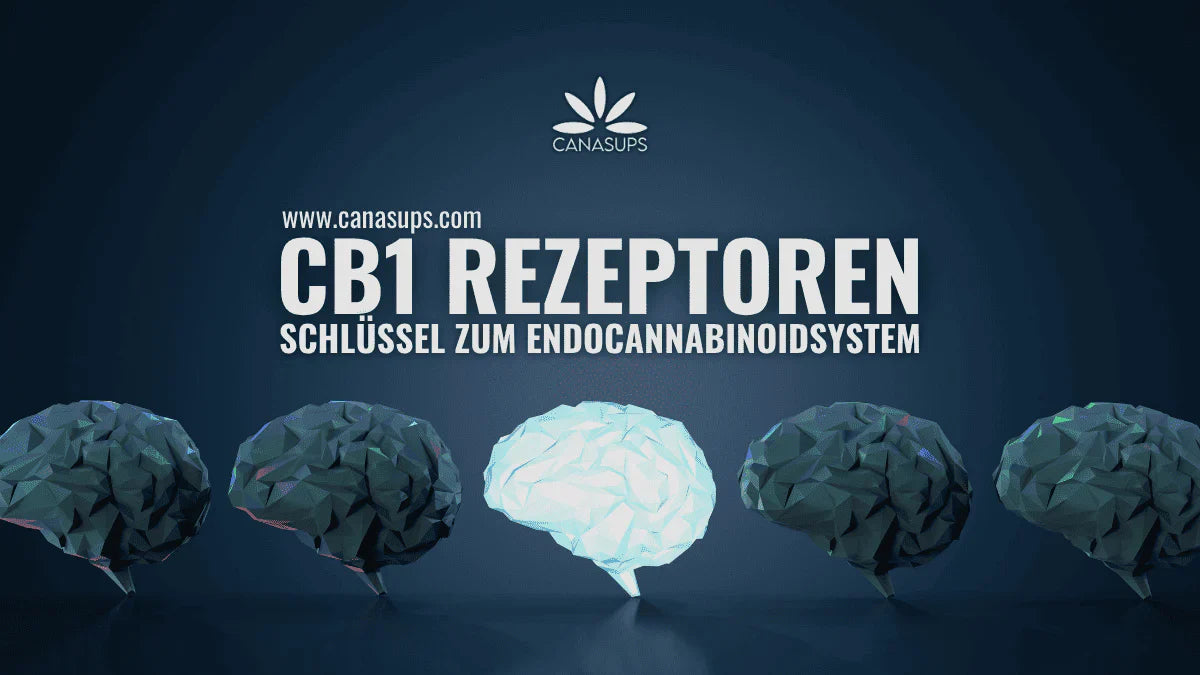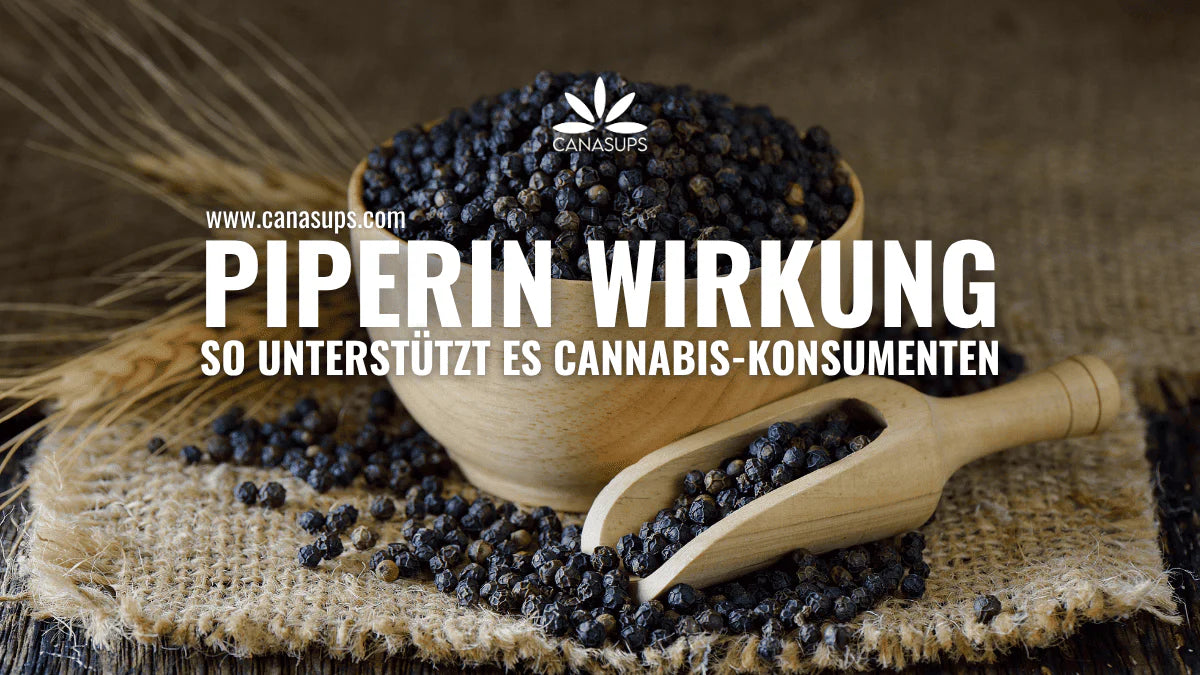Table of contents |
|---|
|
• The main differences between CBD and THC |
What is THC?
THC is arguably the best-known psychoactive substance in the cannabis plant. Its chemical name is tetrahydrocannabinol . It is the substance responsible for the typical "high" that many cannabis users seek. Once THC is consumed—whether smoked, vaporized, or ingested in edibles—it binds primarily to the CB1 receptors of the endocannabinoid system in the brain.
This leads to effects such as:
- Euphoria or feelings of happiness
- altered perception of time and space
- Relaxation or tiredness
- Cravings (so-called “munchies”)
- Increased sensory impressions
However, THC also carries risks. Some people are sensitive and experience anxiety, paranoia, or even panic attacks. Especially at high doses, THC can trigger negative psychological effects. Learn more about this in our article on cannabis horror trips. .
What is CBD?
CBD stands for cannabidiol . It is also a cannabinoid of the hemp plant, but unlike THC, it is not psychoactive. This means that CBD doesn't get you high. Instead, it is being studied in research for numerous potentially positive effects. Many people use CBD oils, capsules, or other preparations to support their well-being.
Typical effects that users report with CBD:
- calming effect
- Reduction of inner unrest
- mild pain relief
- beneficial effect on sleep
However, by no means all of these effects have been conclusively scientifically proven. While many studies are underway, they often lack sufficiently large sample sizes or long-term data. Nevertheless, CBD has become a real trend—partly because it is legal as long as the THC content in the products remains below 0.2%.
The main differences between CBD and THC
Although CBD and THC appear chemically similar, they have completely different effects on the body and mind. Here are the key differences at a glance:
| Characteristic | THC | CBD |
|---|---|---|
| Psychoactive | Yes, causes intoxication | No, no intoxicating effect |
| Binding to CB1 receptors | Very strong | Indirect, rather weakening |
| Legal situation | Illegal in Germany (except for medical purposes & under strict conditions) | Legal as long as THC is below 0.2% |
| Possible side effects | Anxiety, paranoia, palpitations | mostly well tolerated, rarely tired |
CBD even appears to be a kind of antagonist to THC. There is evidence that CBD can mitigate the psychoactive effects of THC. This could explain why some cannabis strains with high CBD content cause fewer psychoactive side effects.
Another important distinction lies in the legal situation. While THC is considered a narcotic in Germany and may only be prescribed under strict medical conditions, CBD is legally available – as long as the THC content in the product is below the legally permitted limit.
CBD and THC in the context of cannabis consumption
Many consumers deliberately combine THC and CBD to control their high. Some swear that a high dose of CBD helps reduce the risk of a bad trip. In fact, CBD doesn't directly block THC from binding to CB1 receptors, but it does influence their signaling. This can make the effects of THC subjectively weaker or at least more pleasant.
Especially with edibles, the powerful effects of THC are often underestimated. Many consumers report that CBD products help to mitigate the side effects somewhat. But beware: No CBD oil in the world can completely prevent a bad trip. There is no guarantee that CBD will neutralize every negative effect of THC.
Another interesting point: THC tolerance can also be influenced. Those who consume THC regularly often need increasingly higher doses. This is where approaches come into play to reduce tolerance – for example, by taking breaks from consumption or by supporting the body's own detoxification. This is precisely where some Canasups products come into play. You can read more about this in our article about Nature+ .
Can supplements help influence the effects of THC or CBD?
This is where things get interesting. While there are no supplements that can directly control the effects of THC or CBD, there are products that indirectly support the endocannabinoid system. A good example is Nature+ from Canasups. It contains bitter substances such as gentian or artichoke extract. These are said to stimulate liver function, potentially leading to faster THC breakdown. Did you know, by the way, that the Egyptians already used bitter substances to lower their THC tolerance?
Omega+ from Canasups is also interesting. Omega-3 fatty acids are important for the body's production of endocannabinoids. A deficiency could lead to an imbalance in the endocannabinoid system. Those who regularly consume cannabis could benefit from a targeted intake of omega-3.
Mango+ is also exciting. It contains myrcene, a terpene that can increase the permeability of the blood-brain barrier. Some users report that cannabis has a stronger effect on them if they eat mango beforehand. This terpene could be the reason. However, this can also increase the risk of a bad trip in sensitive people.
Of course, no supplement can compensate for a bad consumption habit. But especially those who consume regularly could benefit from products from Find additional support for body and mind at Germany's No. 1 for cannabis supplements .
If you'd like to learn more, feel free to check out our other articles, such as those on omega fatty acids and the endocannabinoid system or CB1 receptors . There you'll find a lot more fascinating information about cannabis and the role of various ingredients.
Whether CBD or THC, both cannabinoids have their place – it all depends on how you use them and how your body reacts. Always stay informed and listen to your gut. And most importantly: consume responsibly.











